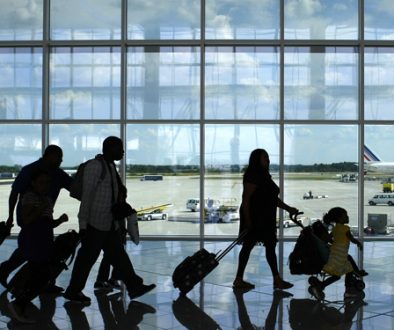Is the Vienna Convention on Consular Relations answering the needs of international tourists?
The Vienna Convention on Consular Relations is one of the key international legal instruments for safeguarding the rights of nationals of
one to another country. This Convention “Has obliged governments” to develop mechanisms to assist and protect their nationals abroad.
Nevertheless, as it was approved in 1948, the implementation mechanisms were mainly focused on answering to the needs of nationals
living abroad; while, especially since the 1990s, tourism started to growth and, consequently, the needs for consular assistance and
protection of international tourists.
Their needs are diverse, from a loss of passport to their protection, particularly once a violation of their human rights have occurred. But
the truth is that the mechanisms in place nowadays are not always effective to assure this protection, mainly for two reasons: length of
their stay and due to the consular protection mechanisms stop when the tourist leave the country where the violation occurred.
But why this protection stops? Is it correct? Or is counterproductive with the essence of the Convention? If we consider that when a
violation of human rights occurs, the pain and the feeling of an unfair or degraded treatment does not disappear once the tourist takes the
plane.
I am strongly convinced the tourism sector, particularly Ministries of Tourism, could jointly work with the Ministries of Foreign
Affairs for letting them know the types of problems tourists face once travelling internationally, as I am sure this lack of
adaptation is directly link with the lack of awareness of the «vulnerability bag of the tourist » while travelling internationally.



